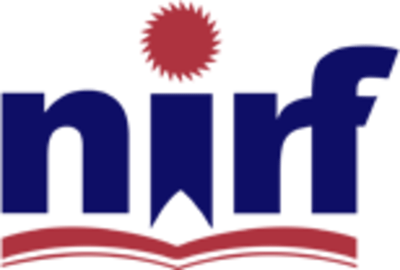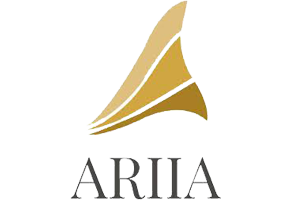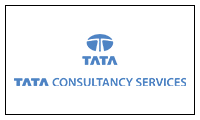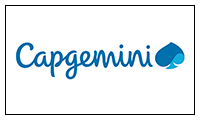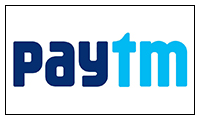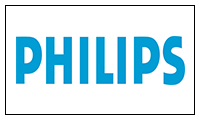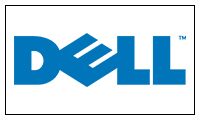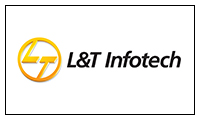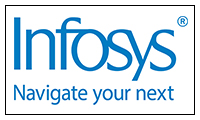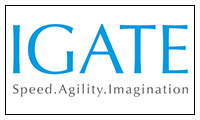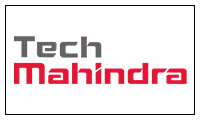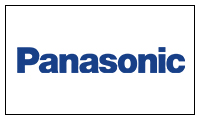Infrastructure/Facilities
Department has sufficient classrooms and most of them are equipped with multimedia projectors. Department also has its exclusive Seminar Hall and several tutorial rooms. The department has ten well-equipped laboratories and each lab is equipped with computers, required software, hardware, instruments, and multimedia projectors.
Hands-on experience is provided to the students in all the areas of their curriculum such as VLSI, DSP, Digital Electronics, Microprocessor, Embedded Controller, Computer Networks, Analog Electronics, and Communication, that have been provided with the modern and latest equipment.
Department Library
The departmental library is available for providing quick access to faculty and students for referring text books, journals, digital resources like e-books, video lectures of NPTEL, and EDUSAT. It is stacked with more than 900 books and various Standards/Codes like IS Codes, Hand Books.

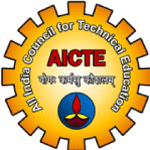
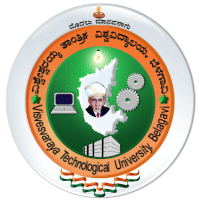

.png)
